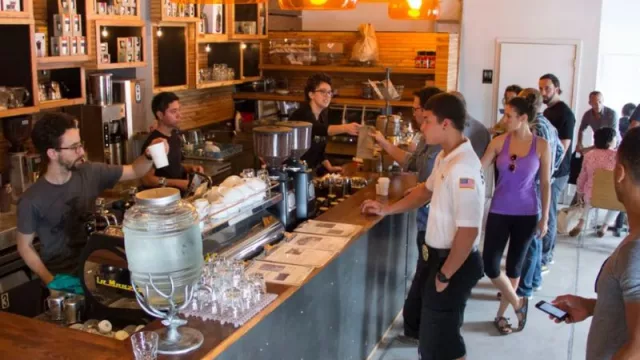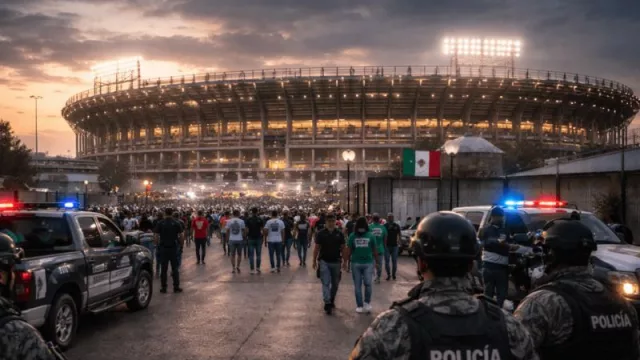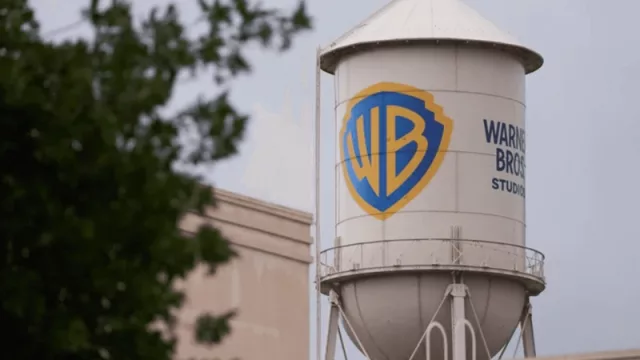One of the main differences between the specialty coffee scene in Miami and countries like Colombia and Argentina is the origin and diversity of the beans. Colombia is globally recognized for being one of the largest producers of quality coffee, and its coffee culture has become deeply rooted in the country's identity. In Argentina, coffee consumption is a longstanding tradition in everyday life, but in recent years, there has been a growing appreciation for specialty coffee, leading to a greater number of shops and cafés offering it.
In Miami, on the other hand, specialty coffee has been influenced by the city's cultural diversity and the increasing demand from consumers seeking unique experiences and exceptional flavors. The city has become an epicenter of gastronomic culture, which has given rise to a vibrant and diverse coffee scene.
Several factors distinguish high-quality artisanal and organic coffee in Miami from traditional coffee:
Origin and Quality of the Beans: Specialty coffee in Miami comes from carefully selected farms and producers from different regions around the world. The beans are grown using sustainable methods and undergo rigorous selection processes to ensure the quality and purity of the final product.
Artisanal Roasting: Specialty coffee roasters in Miami use artisanal methods to roast the beans, allowing them to highlight the natural and unique flavors of each variety. The roasting is done in small batches and meticulously controlled to achieve exceptional flavor profiles.
Meticulous Preparation: In specialty cafés, baristas focus on preparing coffee with precision and care. Different extraction methods, such as pour-over, aeropress, or French press, are used to enhance the flavors and aromas of each cup.
Emphasis on Sustainability and Fair Trade: Specialty coffee in Miami stands out for its commitment to sustainability and social responsibility. Many specialty shops and cafés work directly with local producers or through ethical trade relationships to ensure fair and sustainable treatment for farmers.
The success of specialty coffee in Miami lies in the fact that consumers value the complete experience it offers. From the careful selection of the beans to the meticulous preparation by baristas, specialty coffee provides a unique and satisfying sensory experience for coffee lovers. Additionally, Miami's multicultural culture has opened doors to a wide variety of coffee flavors and styles, leading to a greater appreciation of diversity in the city's coffee offerings.
The coffee market in Miami offers many opportunities for businesses looking to enter it. However, these businesses will have to decide which segment of the market they want to target, as each one will require a different approach.
Cachito and Panther Coffee are some of the pioneers in this movement, and many specialty coffee brands have already made a name for themselves in Miami's coffee market, including coffee shops like ALL DAY and Vice City Bean, and roasters like Great Circle Coffee, to name a few. These brands have helped promote third-wave coffee culture in Miami and have found success catering to a small but growing market. Coffee shops and roasters looking to attract the growing third-wave coffee consumers in Miami will need to balance offering standard options like light roasts for filtered coffee, as well as more exotic origins and varieties.
Another great place to enjoy specialty coffee, for example, is Macondo in Coral Gables. Companies looking to expand their operations will have to consider the average coffee drinker, represented by those who enjoy dark and sweet roasts like Coladas and Cortaditos. This means considering their approach to coffee and their expectations regarding it. For this, they should recognize that they can't rely solely on brand recognition to guarantee sales. They'll need to understand the local culture, take the necessary time to establish relationships with customers, and adapt to the market, instead of expecting the market to adapt to them.
Businesses should also recognize that consumers in Miami are increasingly interested in knowing where their coffee comes from. This market recognizes the importance of origins and sustainability, and many young Latin consumers are aware of the impact that coffee production has on coffee growers and producing countries, as their parents or grandparents come from these countries. Educating them about this and the farm-to-cup process will help consumers recognize the role their coffee purchases play in helping sustain coffee growers and farms in production.
Miami's relationship with coffee is intertwined with the local population. Opportunities abound for specialty coffee brands looking to establish their presence in this place, as long as they are willing to accept the market as it is and adapt to it.
Recognizing the existing desires of the Latin community means accepting their tastes and preferences for existing coffees. Specialty coffee has a growing presence in Miami, and brands that understand and adapt to local consumer preferences have a greater chance of success in this market. Although traditional Cuban coffee remains beloved by Miami residents, the increasing awareness of coffee quality, origin, and sustainability has led to a rise in demand for specialty and organic coffees.
One of the main differences between specialty and traditional coffee lies in how it is grown, roasted, and served. Specialty coffee focuses on the quality and traceability of the beans, from their origin at the farm to the cup. The beans are carefully selected and artisanally roasted to highlight their natural flavors. Additionally, special attention is given to how the coffee is served and enjoyed, promoting a more leisurely and appreciative experience.
On the other hand, traditional Cuban coffee, like Coladas and Cortaditos, is characterized by its dark and sugary roasting, with an emphasis on strong and sweet flavors in each sip. It is an iconic beverage in Miami's culture and is appreciated for its intense flavor and ability to provide energy throughout the day.
The success of specialty coffee in Miami is due, in part, to the fact that many people seek a more sophisticated and unique coffee experience. Specialty coffee offers a wide range of flavors and profiles, allowing consumers to explore and discover new notes and nuances in each cup. Additionally, the growing awareness of sustainability and environmental impact has led more people to seek organic and fair-trade coffee options.












Tu opinión enriquece este artículo: